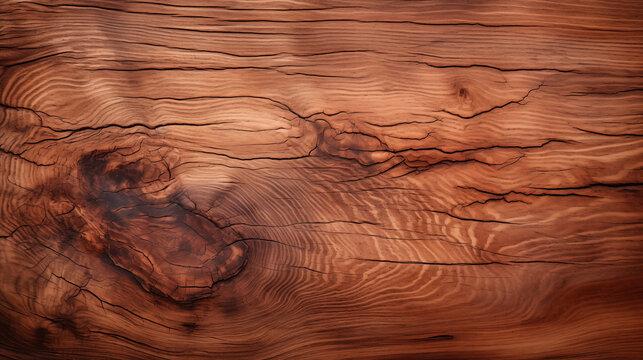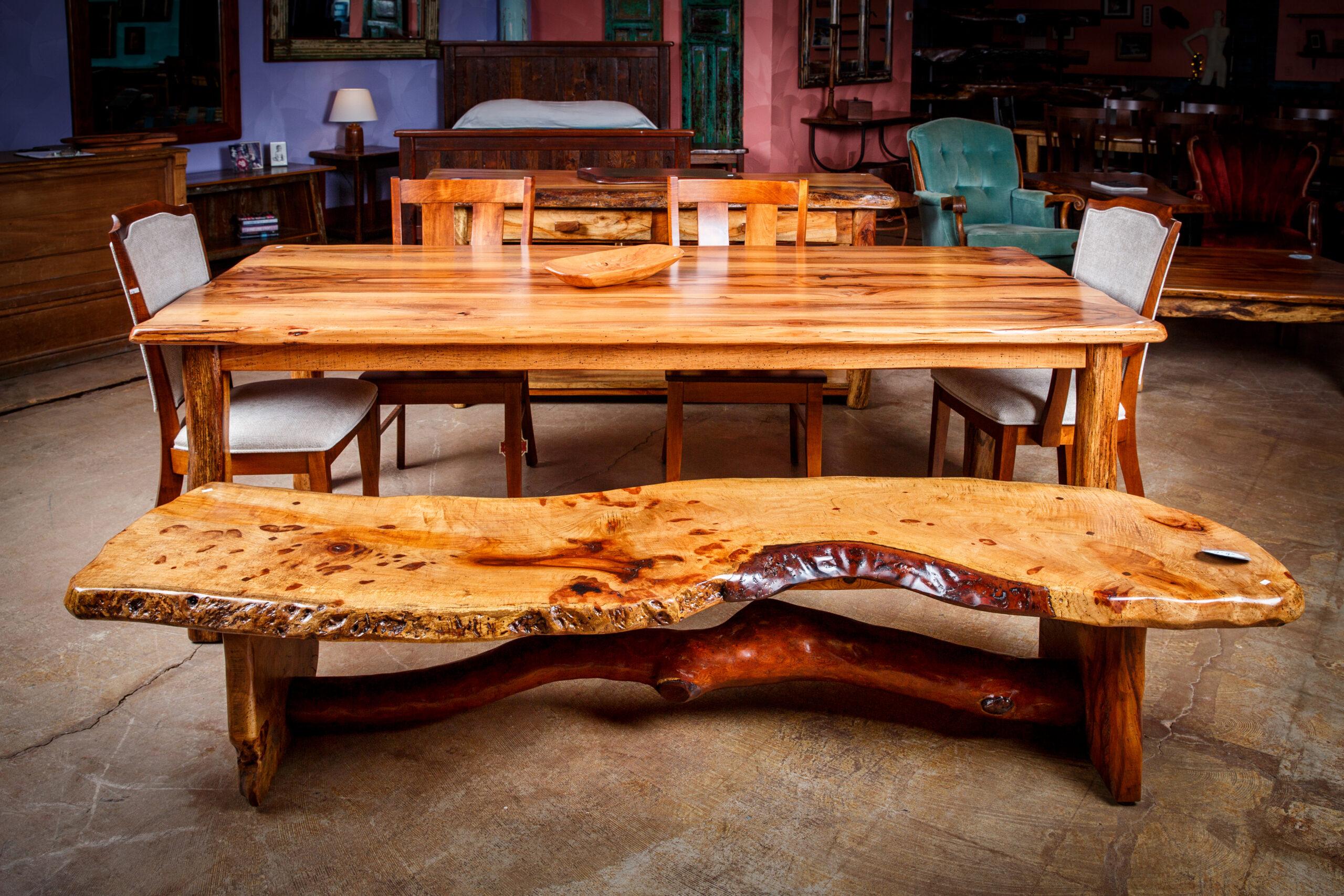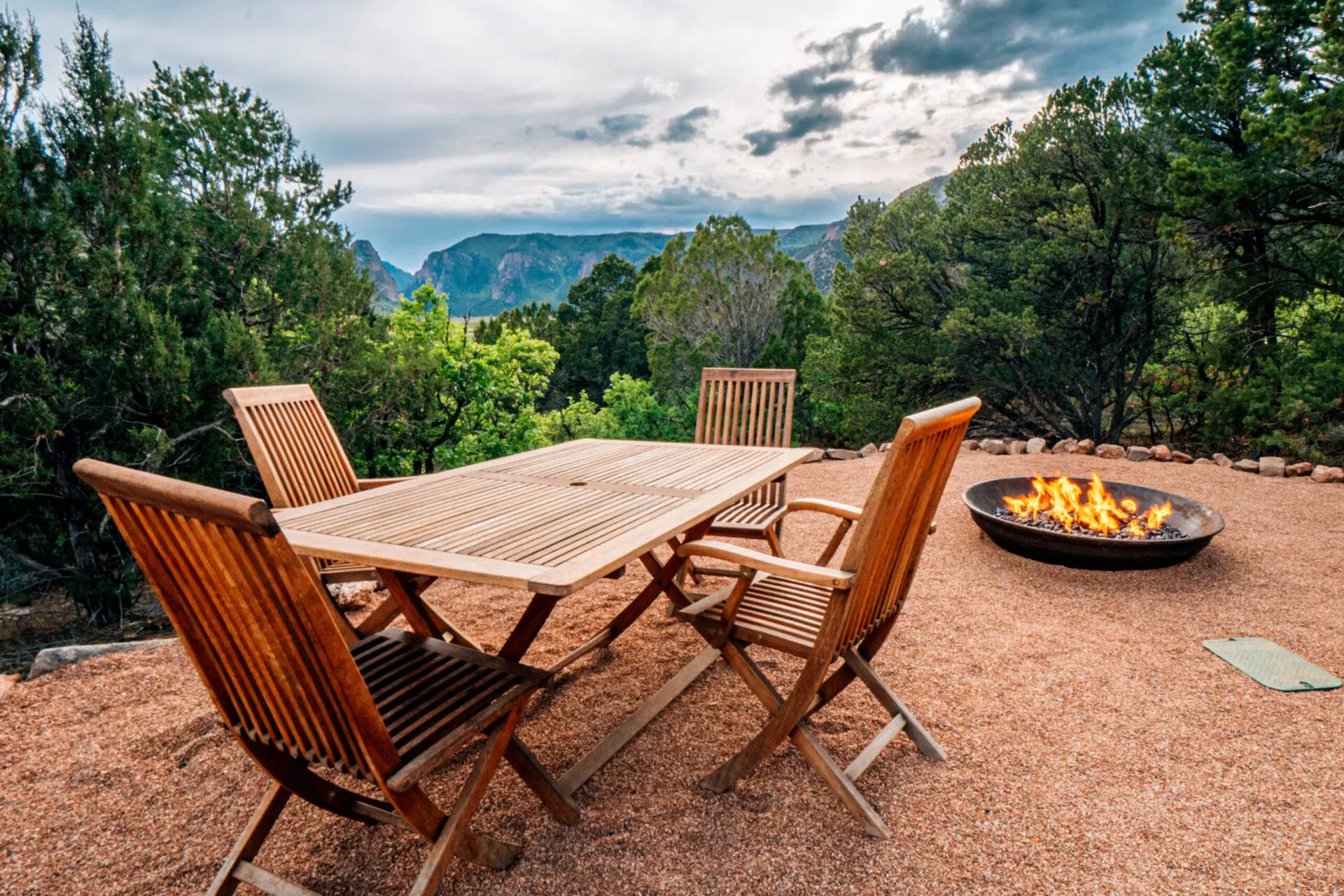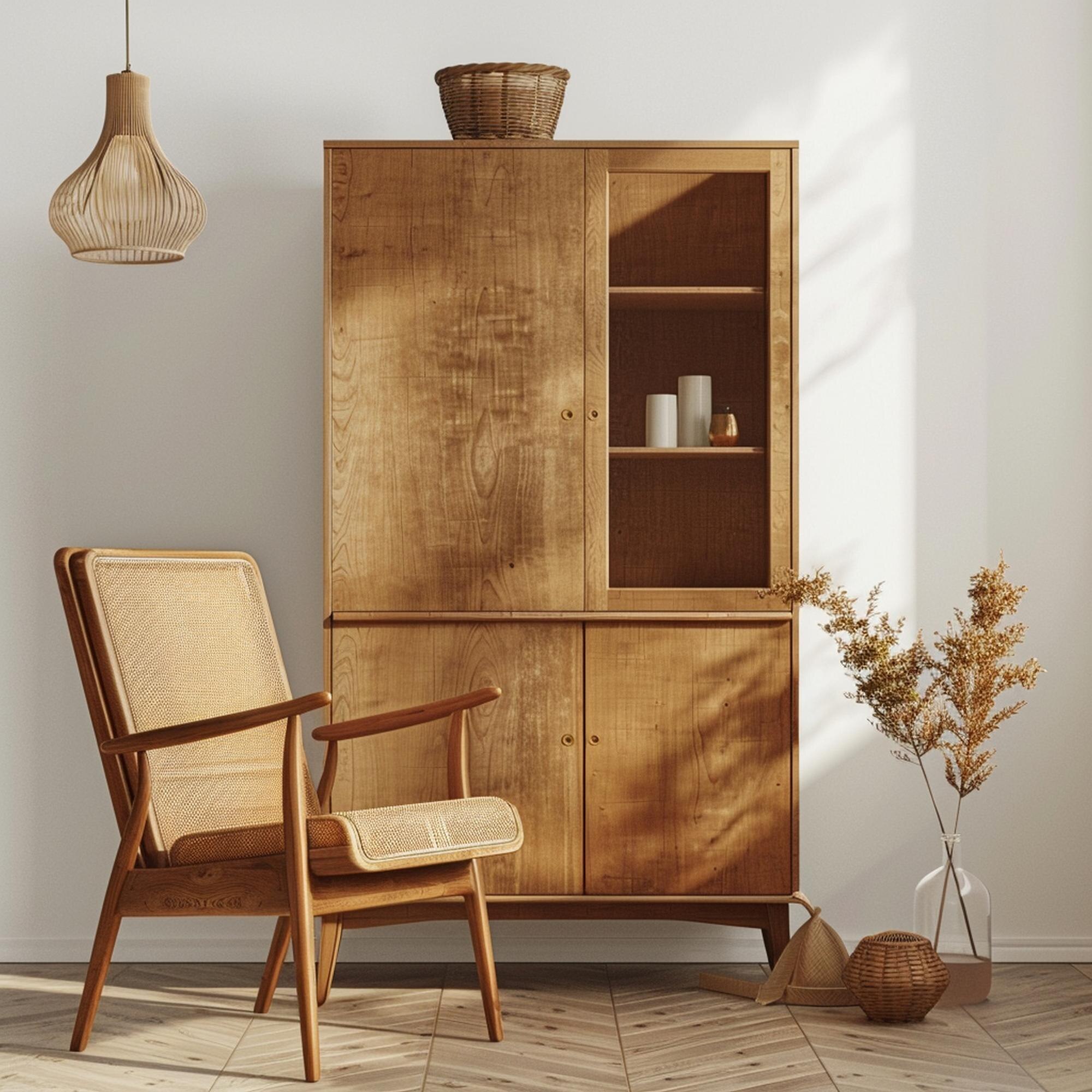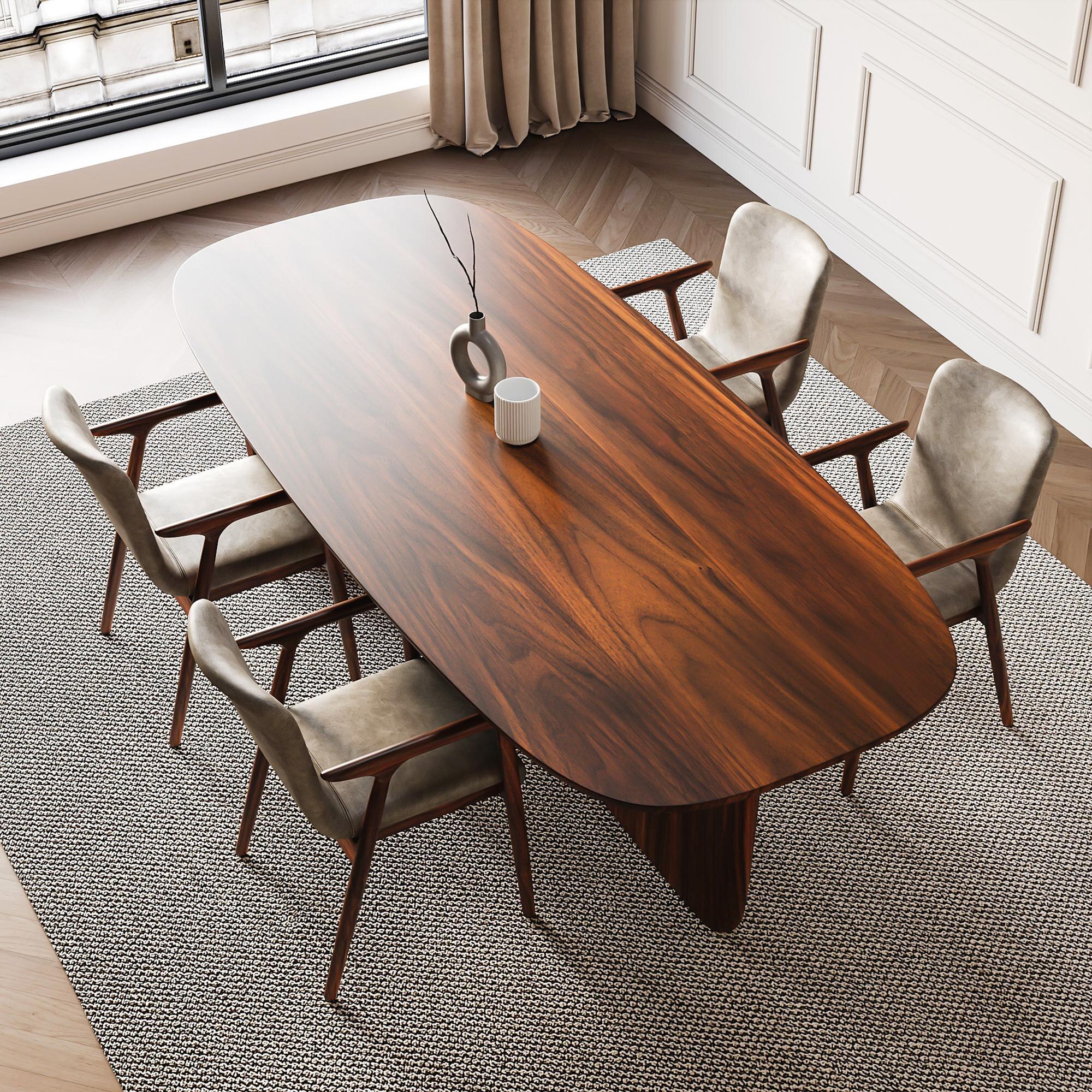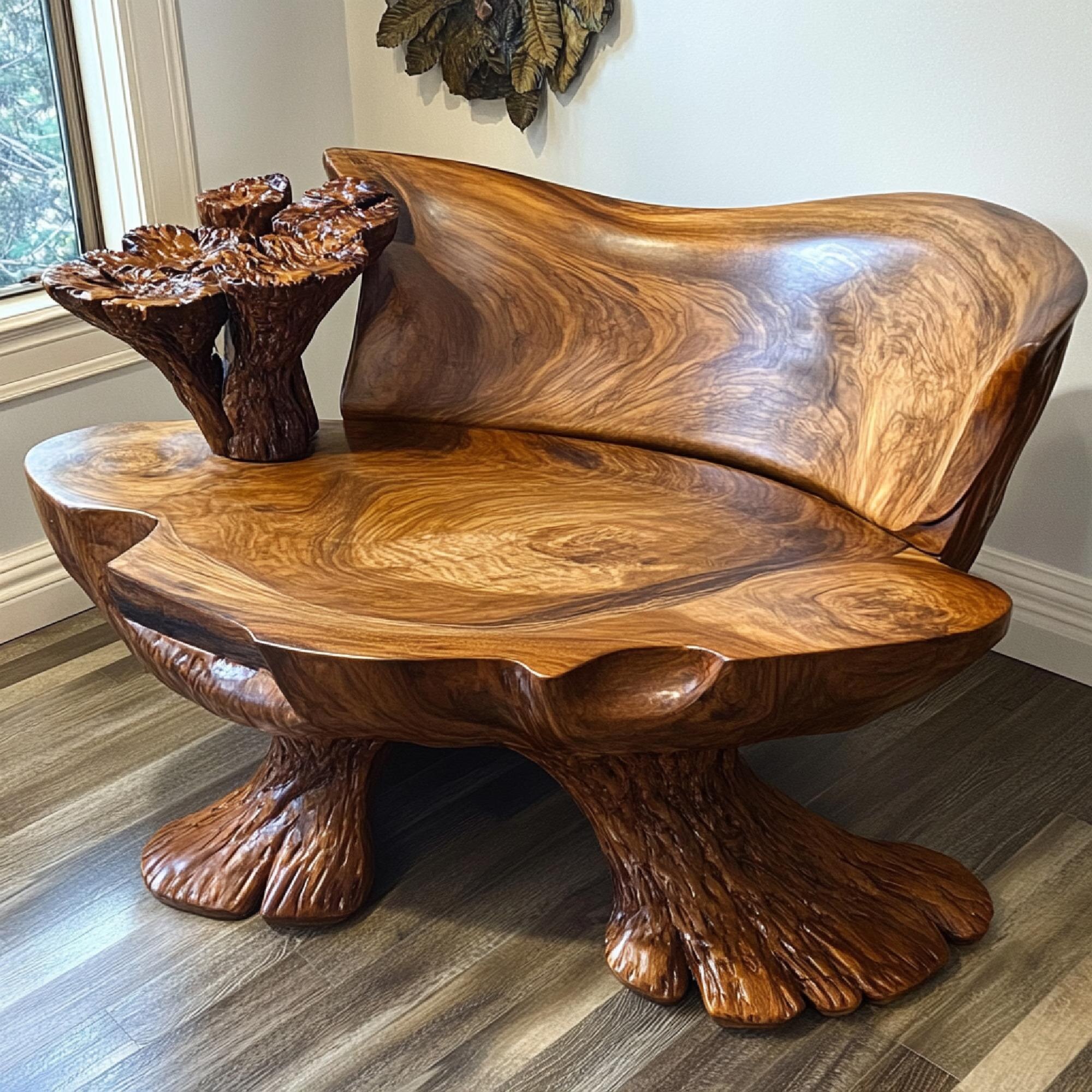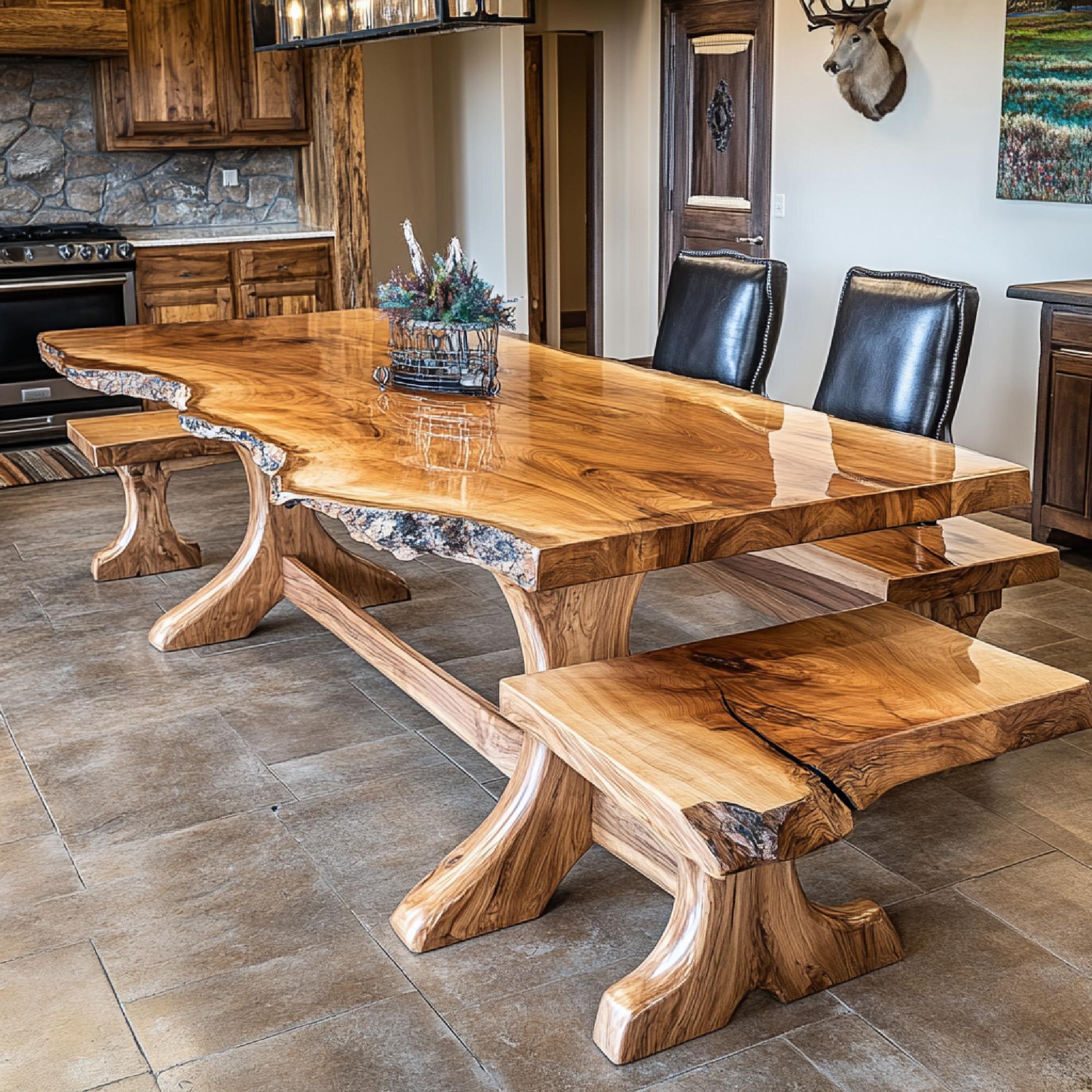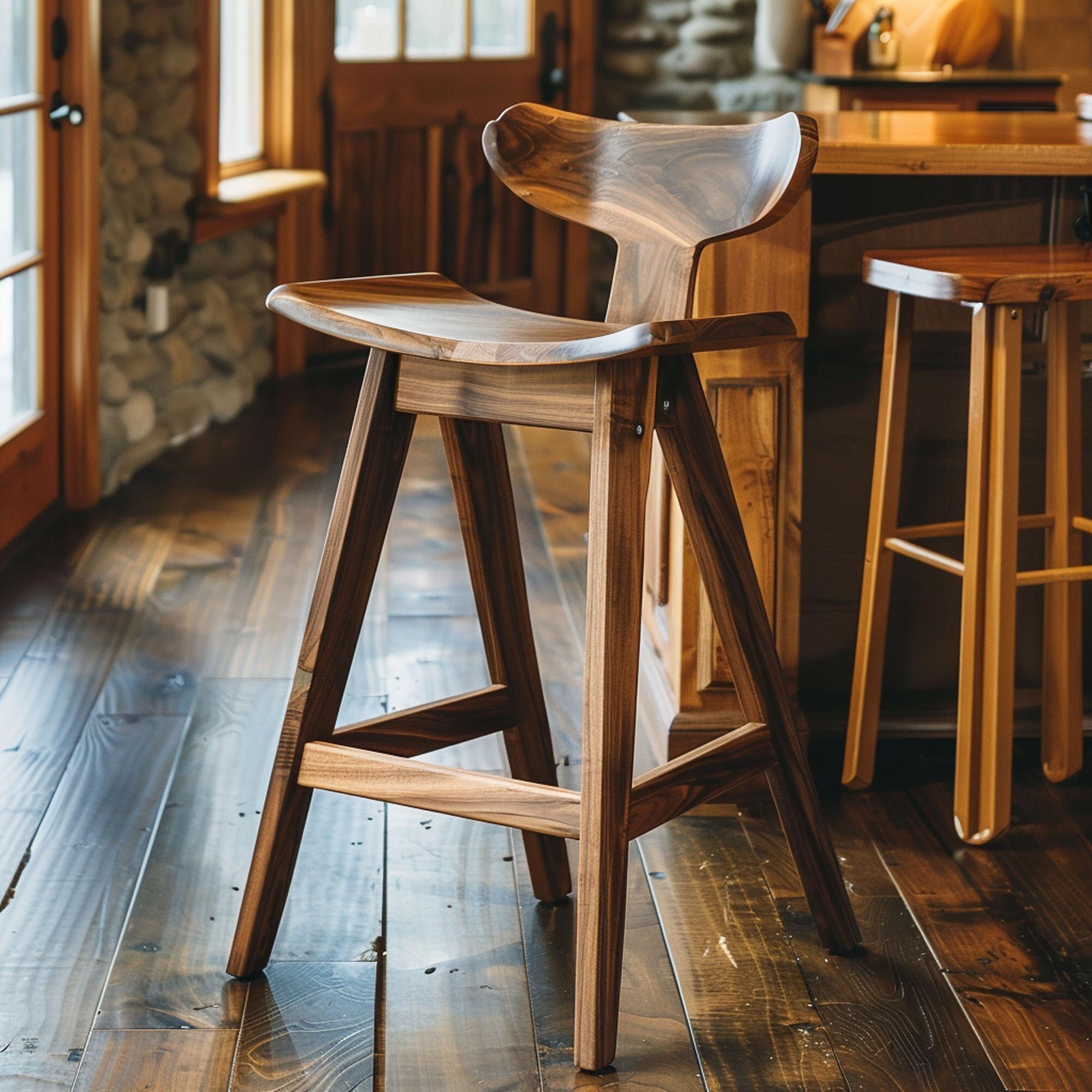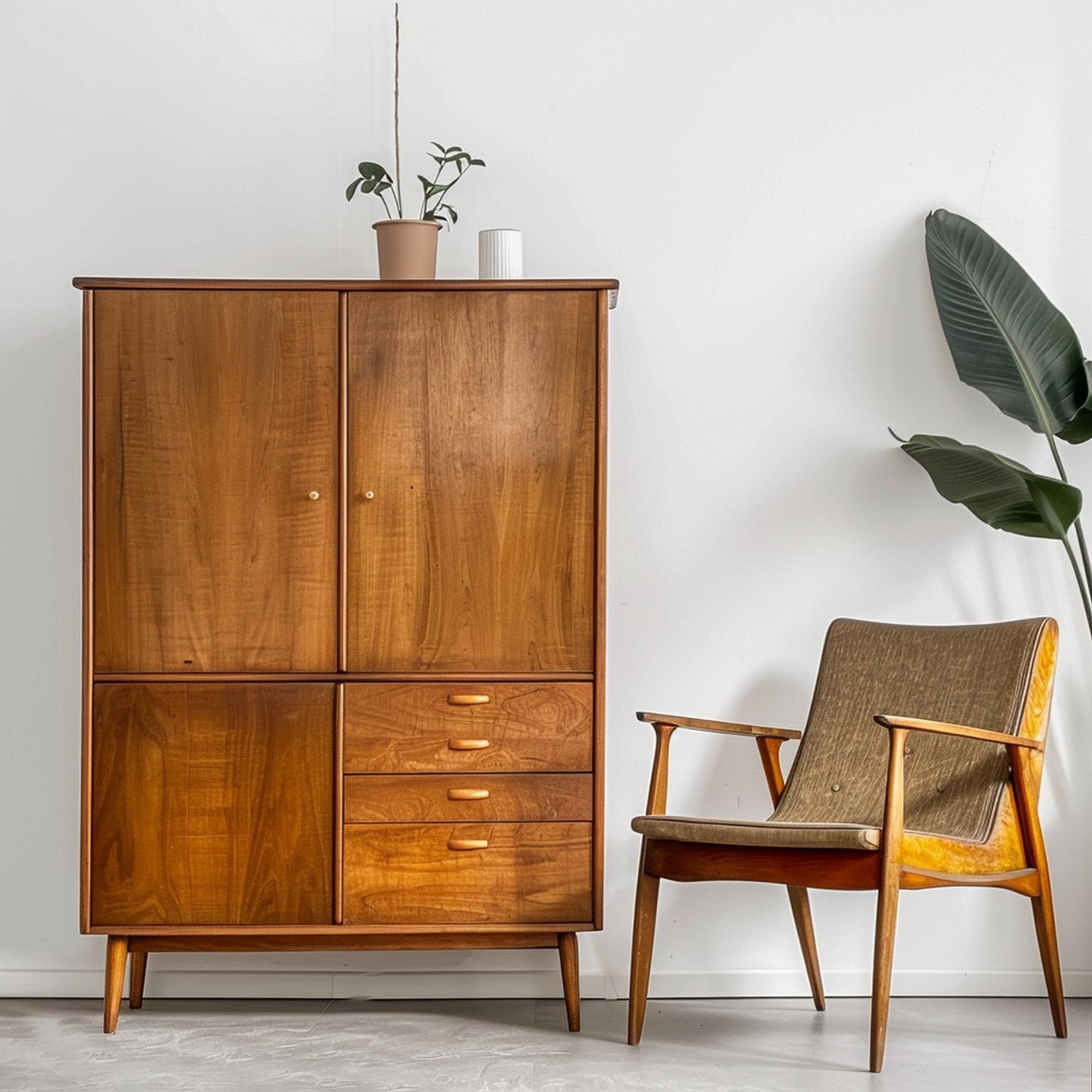Modern interior design often faces a dilemma: achieving sleek, contemporary aesthetics while meeting environmental responsibility. Many struggle to choose between visually appealing but ecologically impactful materials, and natural options perceived as less "modern" or fitting for today's minimalist trends. This perceived dichotomy creates a significant challenge for homeowners and designers aiming for both style and sustainability.
The widespread reliance on synthetic materials and mass-produced items creates uniformity, often lacking the unique character natural elements provide. This trend contributes to a feeling of detachment from nature within our homes. Furthermore, the lifecycle of non-renewable materials raises concerns about waste and resource depletion, pushing the design community to seek more conscious alternatives.
A significant symptom of this problem is the short lifespan of many modern furnishings. Items designed for transient trends, not enduring quality, lead to frequent replacements and increased consumption. This cycle strains global resources and prevents the development of truly personal, timeless interiors. Homeowners are increasingly seeking longevity and a deeper connection to craftsmanship.
This situation offers a unique opportunity to rethink interior spaces. There's a palpable yearning for authenticity and a return to materials with inherent beauty and durability. Integrating natural wood into modern design without compromising functionality or contemporary appeal is key. Here, custom wood furniture and woodworking services offer invaluable tailored solutions.
Why the Disconnect? Possible Causes
- Lack of Awareness: Many are unaware of the extensive possibilities and environmental benefits of sustainable wood sourcing and bespoke furniture. Wood is often perceived as traditional, not modern, limiting its perceived applicability in contemporary settings.
- Cost Perception: High-quality wood products, especially from a cabinetry shop or featuring solid wood design, are often seen as prohibitively expensive, overlooking their superior durability and long-term value compared to cheaper, disposable alternatives.
- Design Integration Challenges: Integrating natural wood into minimalist or industrial modern aesthetics can be daunting. Designers struggle to find pieces that complement these styles without making the space feel rustic, requiring specialized design expertise.
Pathways to Sustainable Style: Solutions
Solution 1: Embrace Mindful Material Selection
The first step towards sustainable style is a conscious choice of materials. Opting for wood sourced from responsibly managed, FSC-certified forests ensures your design contributes positively to ecological balance. This approach prioritizes both aesthetic appeal and environmental integrity for every piece.
Understanding the wood's journey, from forest to finished product, is key. Working with a dedicated millwork shop or a provider like BP Custom Wood Furniture LLC, which champions sustainable practices, guarantees your furniture embodies exquisite craftsmanship and environmental stewardship.
Solution 2: Invest in Custom-Crafted, Enduring Pieces
Instead of disposable trends, invest in timeless pieces built to last. Commission custom wood furniture, like handmade tables or custom shelving, designed specifically for your space. These items become heirlooms, reducing replacements and minimizing waste.
The value of custom craftsmanship lies in its durability and unique character. Each piece reflects skilled artistry, providing unparalleled quality and a personalized touch that mass-produced items cannot replicate. Your interiors will reflect individuality and enduring style.
Solution 3: Integrate Natural Wood with Modern Aesthetics
Achieving a modern aesthetic with natural wood involves thoughtful design. Combine wood's inherent warmth with minimalist forms, clean lines, and contemporary materials like glass or metal. This creates a sophisticated contrast, highlighting wood's organic beauty without feeling rustic.
Consider wood as an accent or a foundational element. A striking live-edge table can be a focal point, or subtly integrated wood panels can add texture and warmth. Balance and intentionality are key. BP Custom Wood Furniture LLC excels in this seamless integration, offering pieces that bridge tradition and modernity.
Potential Risks and Recommendations
- Initial Cost Barrier: High-quality, sustainably sourced wood furniture often has a higher upfront cost than synthetic alternatives.
Recommendation: Emphasize long-term value, superior durability, and reduced replacement needs as a wise, enduring investment.
- Maintenance Expectations: Natural wood requires proper care to maintain its beauty and longevity, which can be perceived as more demanding than low-maintenance synthetics.
Recommendation: Provide clear, simple maintenance guidelines and highlight wood's beautiful ability to develop a rich patina over time.
- Sourcing Authenticity: Claims of "sustainable" or "natural" wood can sometimes be misleading, making it difficult for consumers to verify true ethical sourcing.
Recommendation: Partner with reputable suppliers, like BP Custom Wood Furniture LLC, who offer clear certifications (e.g., FSC) and transparent sourcing information.

